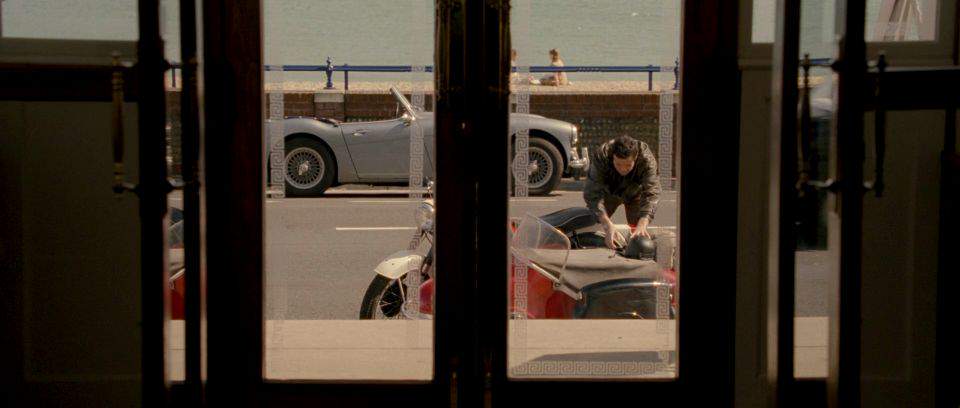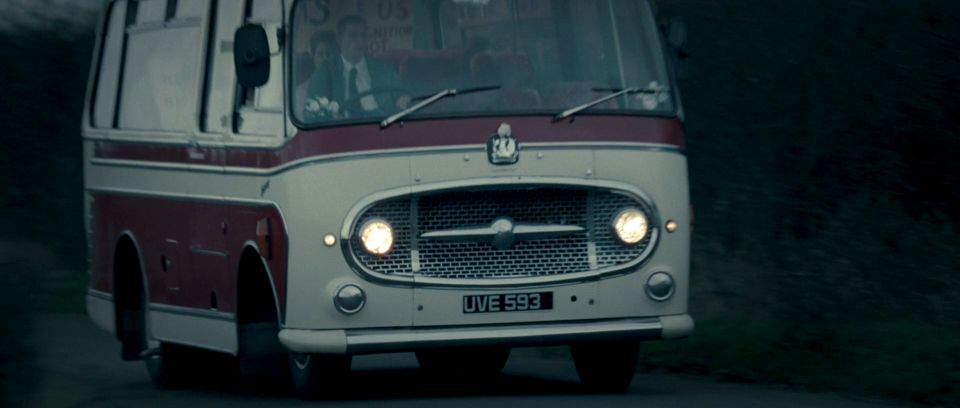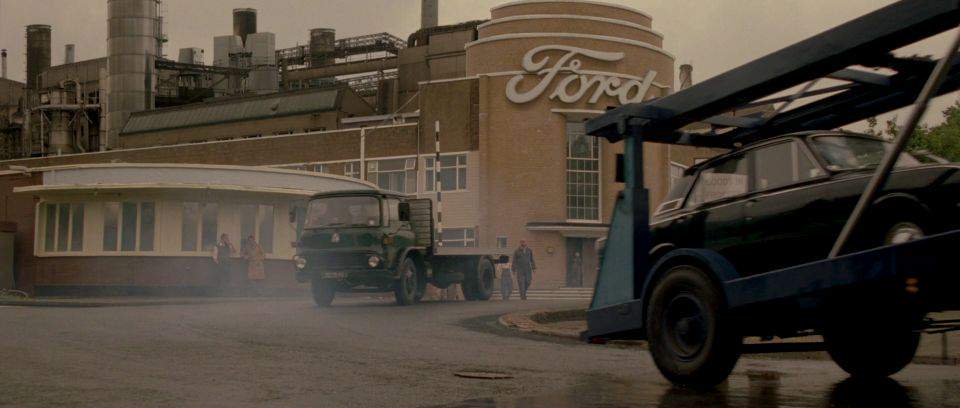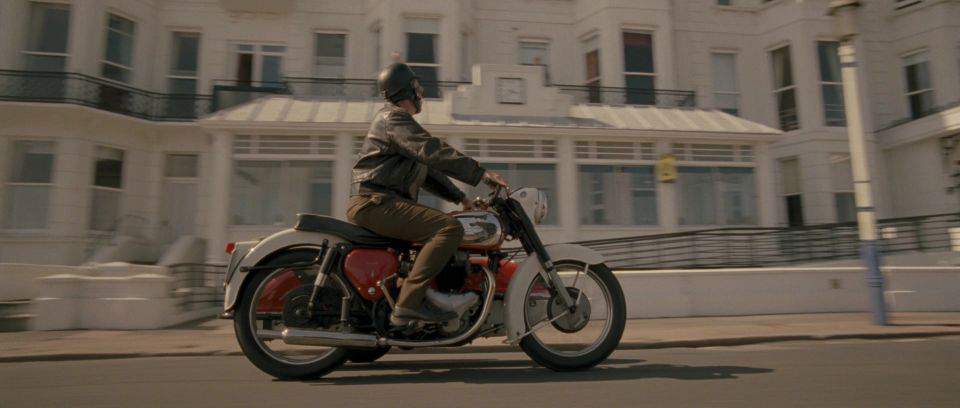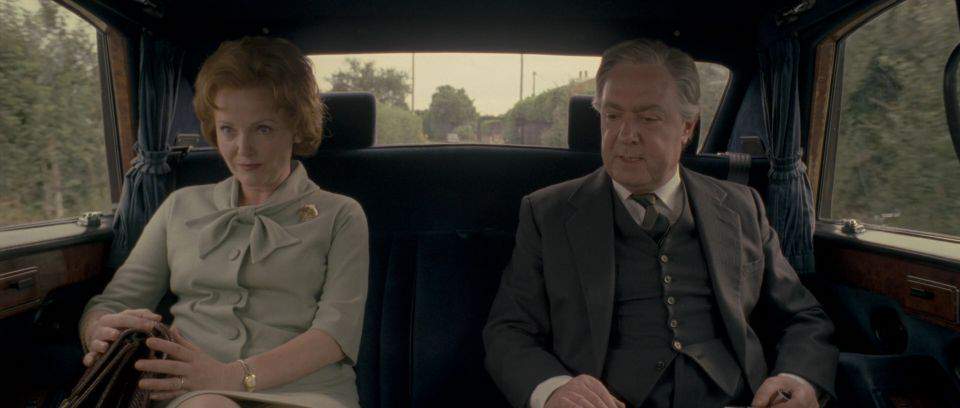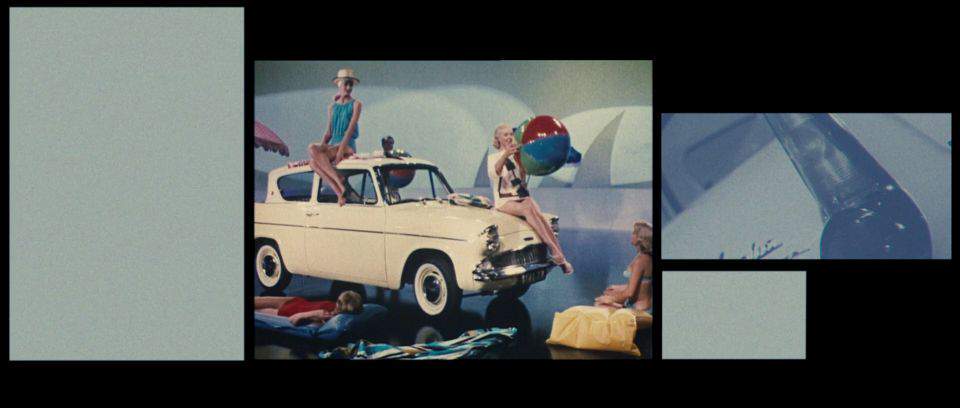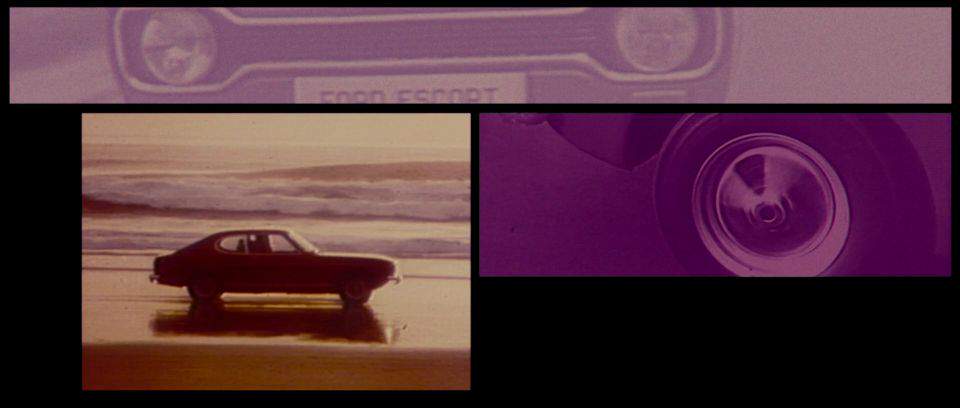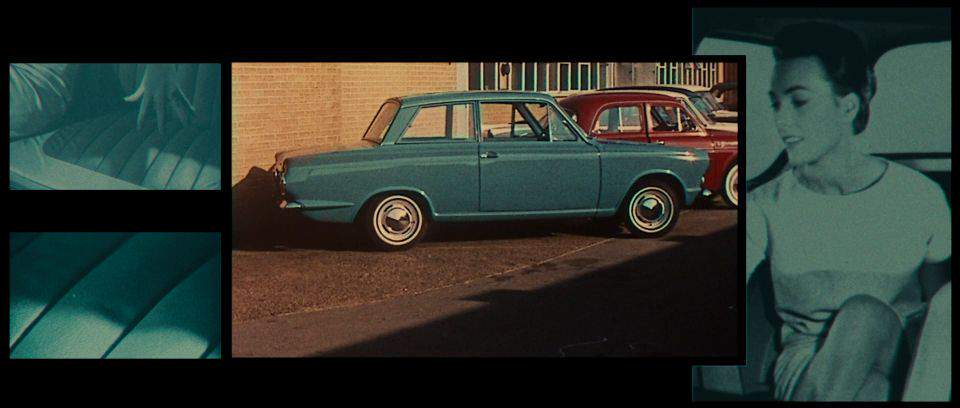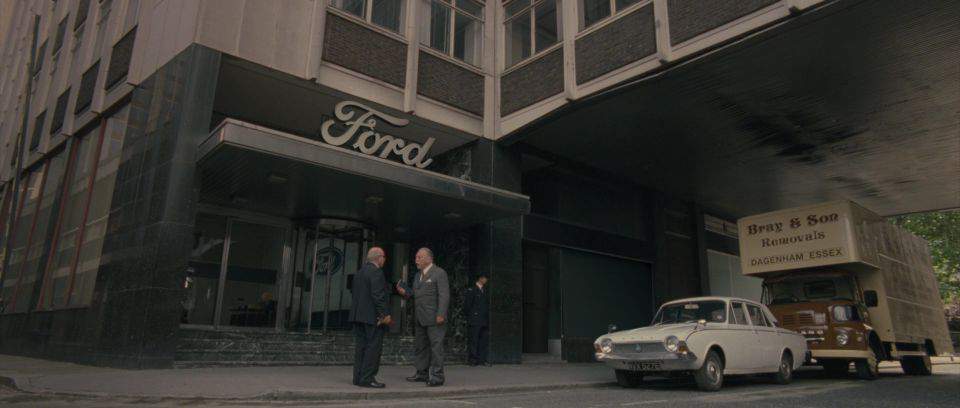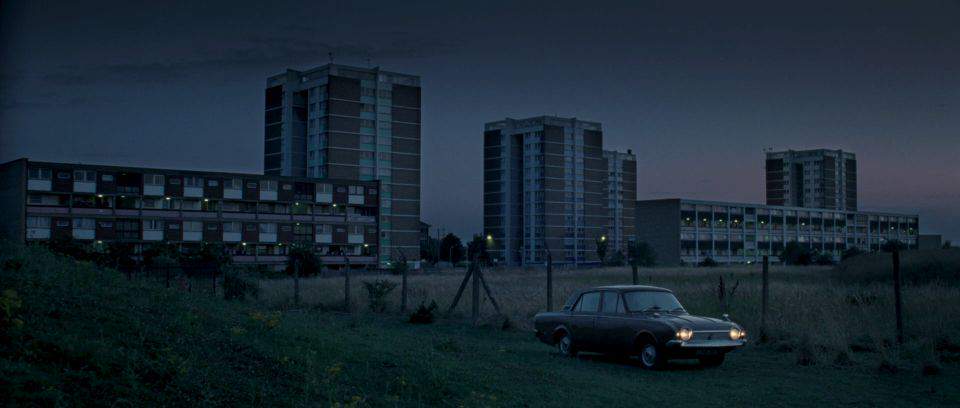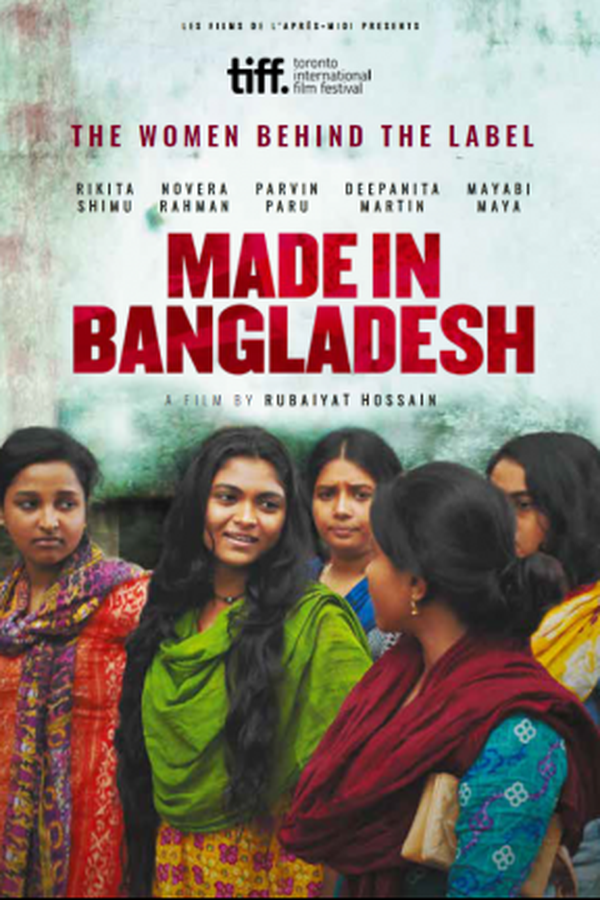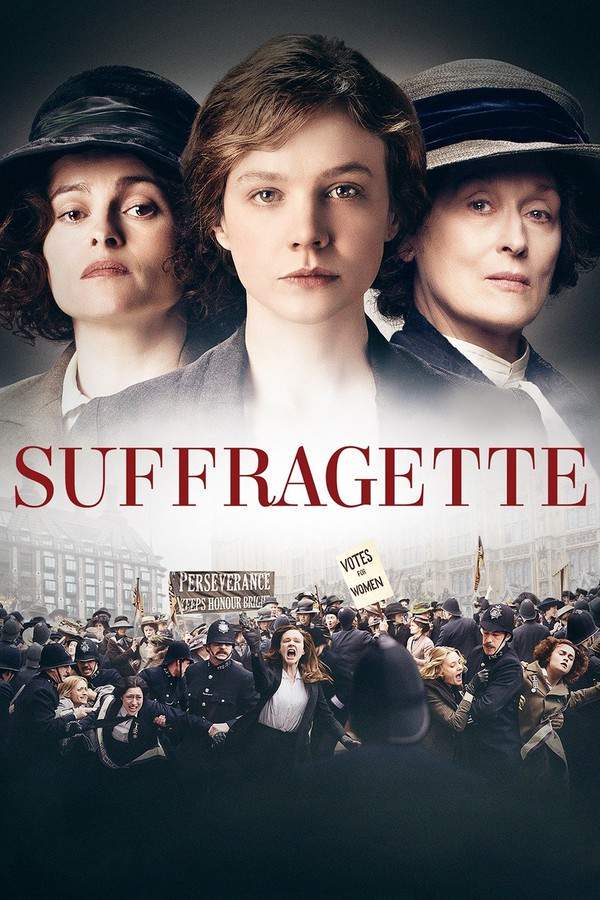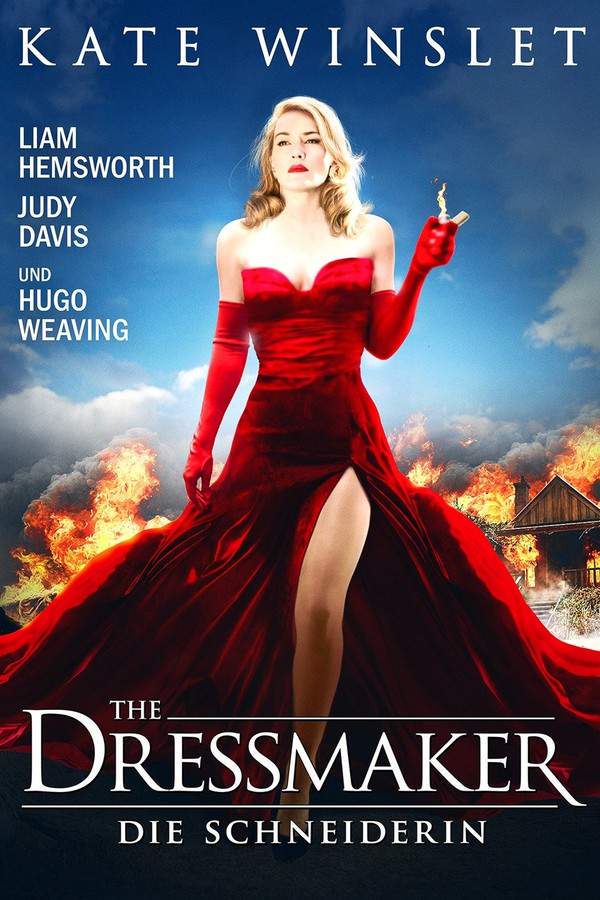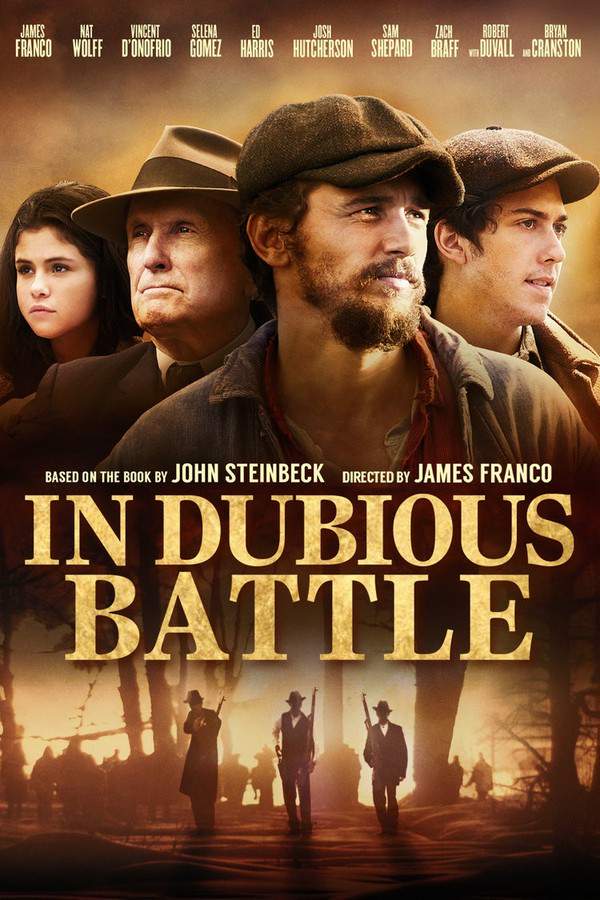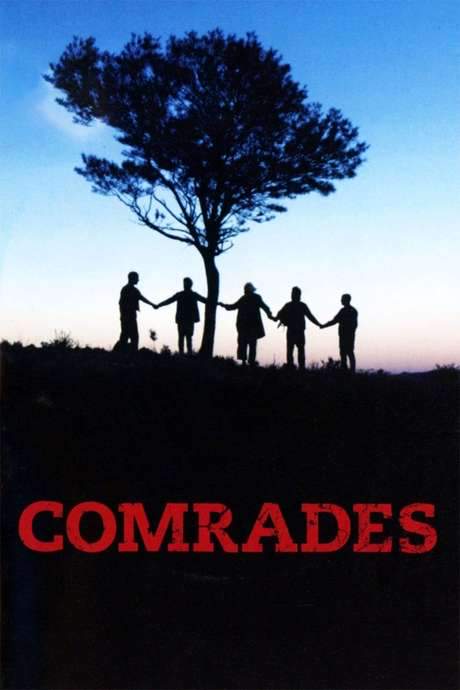Made in Dagenham 2010
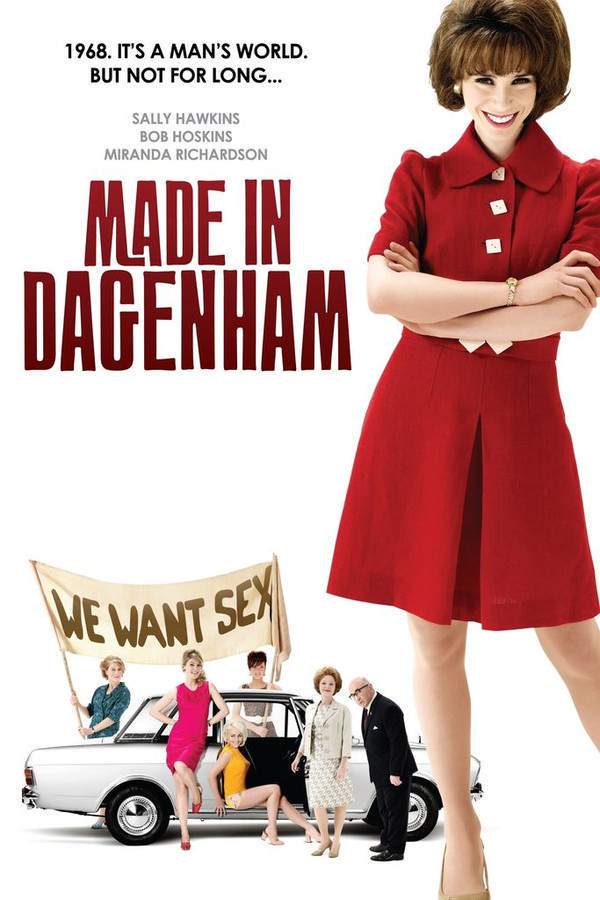
In 1960s Britain, a group of women working at the Ford factory in Dagenham discover they are paid significantly less than their male colleagues. Determined to fight for equality, they initiate a sit-down strike, drawing attention to the issue of gender inequality in the workplace and challenging the practices of the time. Their fight for fair pay and equal rights becomes a pivotal moment in British social history, intertwining personal struggles with a wider movement for change.
Does Made in Dagenham have end credit scenes?
No!
Made in Dagenham does not have end credit scenes. You can leave when the credits roll.
Meet the Full Cast and Actors of Made in Dagenham
Explore the complete cast of Made in Dagenham, including both lead and supporting actors. Learn who plays each character, discover their past roles and achievements, and find out what makes this ensemble cast stand out in the world of film and television.
External Links and Streaming Options
Discover where to watch Made in Dagenham online, including streaming platforms, rental options, and official sources. Compare reviews, ratings, and in-depth movie information across sites like IMDb, TMDb, Wikipedia or Rotten Tomatoes.
Ratings and Reviews for Made in Dagenham
See how Made in Dagenham is rated across major platforms like IMDb, Metacritic, and TMDb. Compare audience scores and critic reviews to understand where Made in Dagenham stands among top-rated movies in its genre.

65
Metascore
6.4
User Score


80%
TOMATOMETER

75%
User Score

7.1 /10
IMDb Rating

67
%
User Score
Take the Ultimate Made in Dagenham Movie Quiz
Challenge your knowledge of Made in Dagenham with this fun and interactive movie quiz. Test yourself on key plot points, iconic characters, hidden details, and memorable moments to see how well you really know the film.
Made in Dagenham Quiz: Test your knowledge on the inspiring story of the women workers at the Ford Dagenham factory and their fight for equal pay.
What factory is the primary setting of 'Made in Dagenham'?
Ford Dagenham
Chrysler Dagenham
Vauxhall Dagenham
Honda Dagenham
Show hint
Awards & Nominations for Made in Dagenham
Discover all the awards and nominations received by Made in Dagenham, from Oscars to film festival honors. Learn how Made in Dagenham and its cast and crew have been recognized by critics and the industry alike.
64th British Academy Film Awards 2011

Best Costume Design
Best Makeup and Hair
Outstanding British Film
Full Plot Summary and Ending Explained for Made in Dagenham
Read the complete plot summary of Made in Dagenham, including all major events, twists, and the full ending explained in detail. Explore key characters, themes, hidden meanings, and everything you need to understand the story from beginning to end.
The film begins with a glimpse into the Ford Dagenham factory, highlighting the working conditions and the demographics of its employees, a considerable number of whom are women. Against the rhythm of Desmond Dekkar’s “The Israelites,” we see the women hard at work in the sewing room, creating seat covers and door panels while often wearing only their underwear due to the heat. The union shop steward, Albert, enters the room, momentarily taken aback by their scant attire. He informs the women that the only way to advance their case regarding their classification as unskilled workers is to initiate industrial action. In unison, they agree to partake in an overtime ban and a one-day strike.
Later, the narrative shifts to a party where the women celebrate a birthday; amidst the festivities, a girl sneaks away for a brief encounter in a Ford Corsair before returning to be swept up in the revelry, which leads to a night of drunken antics. We then meet Rita, who is presented in her home life, waking her husband Eddie with a splash of cold water. Rita’s domestic challenges are portrayed realistically; her son expresses frustration about a teacher who struck him, sparking her determination to address the issue directly.
At the school, Rita confronts Mr. Clark, an overconfident teacher clad in academic attire, who dismisses her concerns with a condescending attitude. Angered, she exits only to encounter another parent, [Lisa], who shows understanding but is quickly met with Rita’s harsh retort. Back at the factory, the absence of proper facilities is illustrated as a leak drips onto the workers while [Connie] points out issues regarding [Sandra]‘s workmanship. Albert soon announces an impending meeting at Ford HQ in Warley, where they decide that Rita and Connie should represent the women.
Back at home, media snippets of a protest underscore the era’s turmoil, and we learn that Eddie is also employed at Ford. Before heading to the meeting, a standard stop at the Berni Inn for dinner introduces Monty Taylor, the works convener, whose advice is superficial at best. Upon their arrival at the meeting, it becomes apparent that the union leaders are betraying the women. Taking charge, Rita passionately argues for the recognition of their skills, prompting a pivotal shift in their stance from acceptance to action as she rallies the women with the emphatic declaration: “Everybody out!”
As the film unfolds, [Barbara Castle] steps into the political arena, expressing frustration over the deteriorating industrial relations in British factories. This leads to a vivid depiction of the women’s picket line, where they battle inclement weather but show unwavering determination. Albert supports Rita’s new role as shop steward, citing the urgent need for equal pay. The complexities of home life begin to surface, revealing Eddie’s struggles to manage household duties as the strike intensifies.
Rita’s mission to advocate for fairness escalates to demonstrations outside Parliament, creatively declaring on a banner that they seek “sex equality.” Tensions at home mount as Eddie feels the strain on their finances. The climax reaches a turning point when union leaders face mounting pressure from management, showcasing the devotion of the women who refuse to back down—even as the challenges of poverty loom large.
When tragedy strikes, the community’s grief deepens the emotional stakes. [Lisa’s] unexpected visit to Rita reveals layers of pain and shared frustrations, ultimately serving as a galvanizing force for Rita. Despite familial strife, she passionately addresses a union conference, winning over delegates and garnering support.
The culmination of their struggle unfolds as Rita and her allies engage directly with powerful figures like Barbara Castle, leaving a lasting impression on the political landscape. Rita’s steely determination and leadership lead to a groundbreaking agreement for the women of Ford Dagenham to receive 92% of male pay, heralding a historical shift in the quest for equality in the workplace.
As the credits roll, the return of the women to the factory signifies not only a personal victory but also a collective empowerment, emphasized by the uplifting strains of Jimmy Cliff’s “You Can Get It If You Really Want,” alongside real footage that cements the film’s place in history.
Uncover the Details: Timeline, Characters, Themes, and Beyond!

Coming soon on iOS and Android
The Plot Explained Mobile App
From blockbusters to hidden gems — dive into movie stories anytime, anywhere. Save your favorites, discover plots faster, and never miss a twist again.
Sign up to be the first to know when we launch. Your email stays private — always.
Watch Trailers, Clips & Behind-the-Scenes for Made in Dagenham
Watch official trailers, exclusive clips, cast interviews, and behind-the-scenes footage from Made in Dagenham. Dive deeper into the making of the film, its standout moments, and key production insights.
Cars Featured in Made in Dagenham
Explore all cars featured in Made in Dagenham, including their makes, models, scenes they appear in, and their significance to the plot. A must-read for car enthusiasts and movie buffs alike.
Made in Dagenham Themes and Keywords
Discover the central themes, ideas, and keywords that define the movie’s story, tone, and message. Analyze the film’s deeper meanings, genre influences, and recurring concepts.
Made in Dagenham Other Names and Titles
Explore the various alternative titles, translations, and other names used for Made in Dagenham across different regions and languages. Understand how the film is marketed and recognized worldwide.
Similar Movies To Made in Dagenham You Should Know About
Browse a curated list of movies similar in genre, tone, characters, or story structure. Discover new titles like the one you're watching, perfect for fans of related plots, vibes, or cinematic styles.
Quick Links: Summary, Cast, Ratings, More

What's After the Movie?
Not sure whether to stay after the credits? Find out!
Explore Our Movie Platform
New Movie Releases (2025)
Famous Movie Actors
Top Film Production Studios
Movie Plot Summaries & Endings
Major Movie Awards & Winners
Best Concert Films & Music Documentaries
Movie Collections and Curated Lists
© 2025 What's After the Movie. All rights reserved.


















